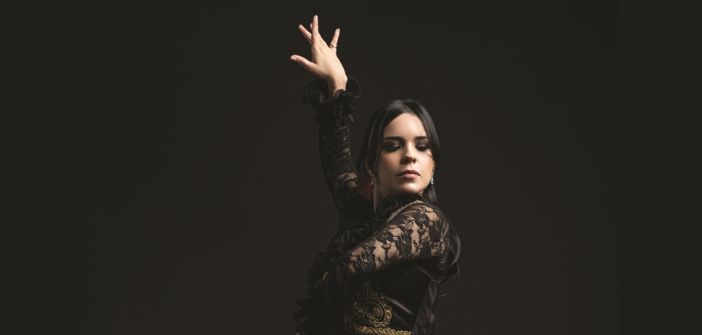What a delight it was for us to witness Tchaikovsky’s previous spectacle: “Eugene Onegin,” delightful in every way, a total musical and visual success, with gripping dramatic intensity up to the climax of the duel between the two rival lovers, who were once friends, Onegin and Lenski. The baritone, Andrei Zhihilovski, with a dazzling voice, and the tenor Igor Morozov with his unforgettable timbre.
Directed by Alain Garichot. The characters are profound: the two sisters, Olga (Julie Robart-Gendre) and, of course, Tatiana, the lover, played by Marie-Adeline Henry, an eclectic French artist, whose writing of the passionate letter on the proscenium is very moving, and whom we meet a few years later as a woman of status, on the arm of Prince Gremin, the bass Oleg Maslarov.
We find ourselves in an estate in early 19th-century Russia, a country steeped in great sentiments. The setting: a garden with large trees with imposing trunks runs throughout the opera, not excluding intimate scenes and lively ball scenes with beautiful colors in the waltzes and polonaises, as well as many extremely well-known tunes. Tchaikovsky aimed to resolve a conflict of expression between the lyrical genre and the demand for truth of expression, just as Pushkin, the author of the story, synthesized the romantic genre in narration with poetry since his novel is written in verse.
From Russia, we will soon move to Seville and its feverish rise throughout the city during Holy Week in Bizet’s “Carmen,” directed by the Director of Anthéa in Antibes, former Director of the National Theater of Nice, Daniel Benoin, who has staged numerous plays and operas, including recently “La Bohème,” “Madame Butterfly,” “La Marquise d’Ô,” and the musical “Dreyfus” by Michel Legrand.
For him, “alongside Don Juan and Figaro, Carmen embodies the three rebels of Seville: against God for Don Juan, against women for Figaro, and against men for Carmen,” since she must submit to the law of men when she wishes to live her female desires. Benoin sets the action in 1936, before the start of the Spanish Civil War between the Francoists and the Republicans, which accentuates Carmen’s sense of freedom and resistance. Aurore Ugolin will put all her femininity and sensuality into embodying this universal figure of Liberty.
by Roland Haugade


